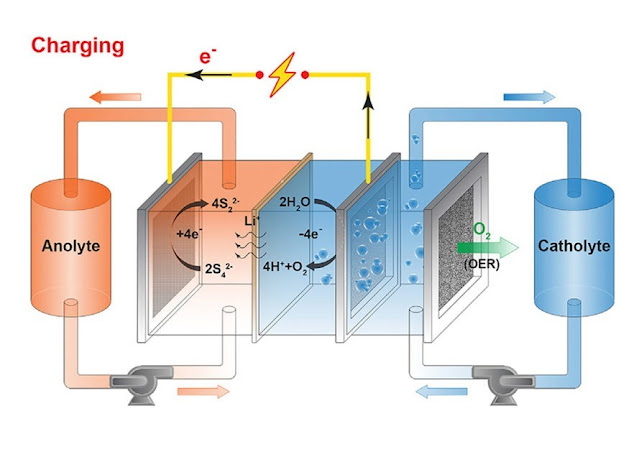 |
| Global Long Read Sequencing Market |
The
global long read sequencing market comprises technologies and products that are
involved in sequencing long strands of deoxyribonucleic acid (DNA) or
complementary deoxyribonucleic acid (cDNA). Long read sequencing helps in
expanding genomic maps, aids in complex structural variant detection, and
provides insights about transcript isoforms and epigenetic patterns. It assists
in genome mapping and assembly, structural variation detection, and isoform
discovery. The long read sequencing eliminates the need for short reads
assembly and resolves complex genomic regions that are difficult to
characterize using short read technologies.
The Global
Long Read Sequencing Market Size is estimated to be valued at US$ 780 MN in 2024 and is expected to
exhibit a CAGR of 30% over the
forecast period from 2024 to 2031.
Key Takeaways
Key players operating in the global long read sequencing market are Illumina
Inc., Pacific Biosciences, Oxford Nanopore Technologies, PerkinElmer, Stratos
Genomics, Phase Genomics, 10x Genomics, Genapys, Bionano Genomics. Illumina
Inc. is one of the prominent players with over 50% market share in long read
sequencing industry.
Key opportunities in the market include advancements in real-time sequencing
technologies, increasing applications across various industries and
improvements in sequencing chemistries.
The long read sequencing market players are focusing on global expansion by
establishing partnerships, collaborations, acquiring regional players and
opening new research laboratories across regions. For instance, Oxford Nanopore
technologies announced partnerships with AWS, Anthropic to accelerate long read
sequencing adoption.
Market Drivers
Rapid advancements in genome sequencing technologies is the key driver
accelerating the market growth. Continuous innovations are improving accuracy,
throughput and bringing down costs of long read sequencing.
Market Restraints
High instrument costs associated with long read sequencing technologies is a
major challenge limiting widespread adoption. While prices are declining, long
read sequencing platforms are still expensive requiring large capital
investments limiting their use to only top research institutes currently.
Segment Analysis
The global long read sequencing market can be segmented by product type,
technology, application, end-user and geography. Based on product type, the
consumables segment dominated the market in 2021 as consumables are required
for sample preparation, library generation and amplification before long read
sequencing. Based on technology, the single-molecule real-time sequencing
sub-segment held the largest share of the market in 2021 owing to its ability
to generate long sequence reads accurately without bias or complexity. Based on
application, the whole genome sequencing application dominated in 2021 due to
increasing applications of whole genome sequencing in clinical diagnostics,
personalized medicines and prenatal testing. Based on end-user, hospitals and
clinics segment held the highest share in the market due to growing
applications of long read sequencing in reproductive health, oncology, and rare
genetic disease diagnostics.
Global Analysis
On the basis of geography, North America dominated the global long read
sequencing market in 2021 owing to presence of well-established healthcare
infrastructure, ongoing long read sequencing research activities, and presence
of key market players in the region. However, Asia Pacific is expected to
witness fastest growth during the forecast period due to rising healthcare
expenditure, increasing awareness regarding precision medicine, and growing
collaborations between research institutes and market players in countries such
as China and India. The growth is also attributed to growing adoption of
clinical diagnostics, rising number of genetic disorders, and increasing
research funding by public-private organizations in the emerging APAC
economies.




Comments
Post a Comment